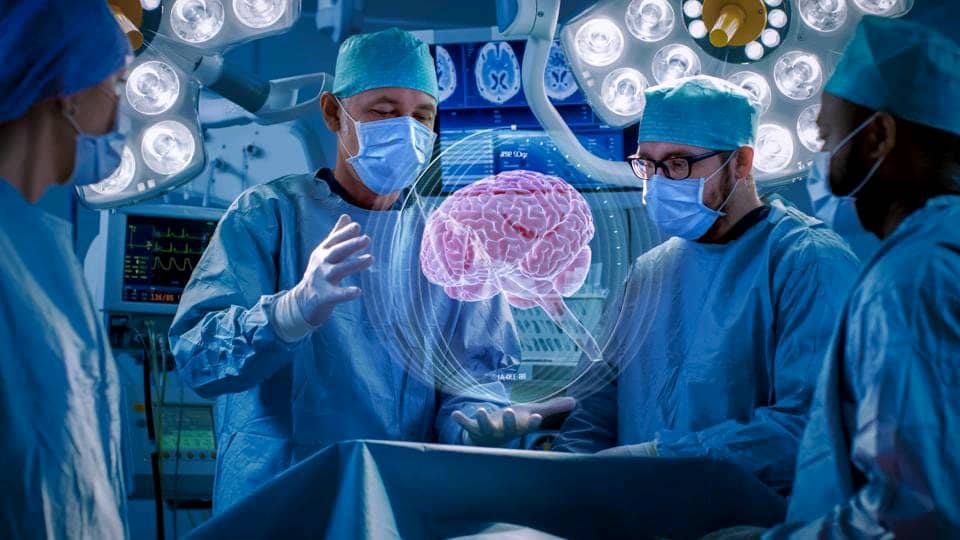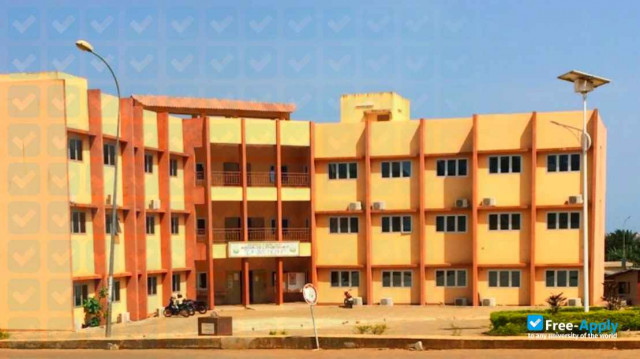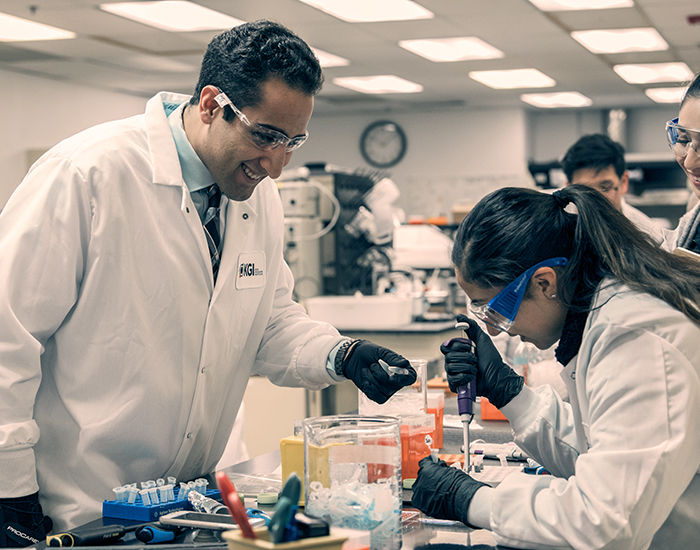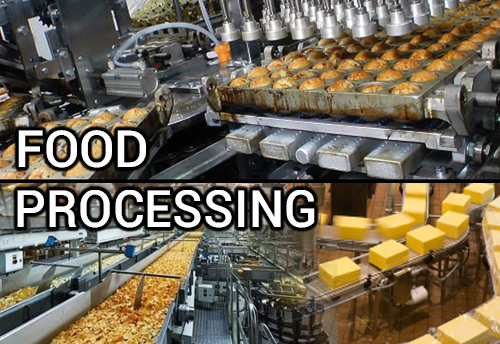Best 10 Medical Schools to study Medicine in Benin Republic

TO STUDY MEDICINE IN BENIN REPUBLIC!!! The Benin Republic welcomes students from all nations, You can choose from a list of the most well-known universities in the Benin Republic that teach medicine and surgery and study. get your degree and become who you are meant to be.

The Republic of Benin is a country in Africa that is located close to Nigeria. This republic shares its borders with Nigeria as well as other states, which is one of the primary reasons why so many inhabitants of Nigeria opt to study medicine and surgery (as well as other fields) in this country.
A significant number of students make the decision to reside in or close to Cotonou in order to attend school there. Cotonou is the largest city in the country. Because there are a number of universities in and around Cotonou which helps to STUDY MEDICINE IN BENIN REPUBLIC, Cotonou is the economic capital of the Benin Republic, it will not be difficult for you to establish yourself in this city, pursue higher education here, and then go back to Nigeria (or choose a different place for living and working). However, when it comes to medical treatment and surgical procedures, your options are restricted.


The University of Calavi In the Benin Republic is one of the few universities that STUDIES MEDICINE IN BENIN REPUBLIC, which has been given accreditation to allow students to study medicine. You are now investigating the course options provided by the “Faculte des Sciences de la Sante.” Since 1970, the University of Abomey-Calavi has been in operation.
Due to its long history, you can have faith in the institution’s courses, programs, and instructors, as well as the diploma you will earn upon completing your studies there. This particular establishment of higher learning is classified as a “public” one, and it can be found in the center of the town of Abomey-Calavi. However, some of its branches can be found in Cotonou and other cities throughout Benin. This location will be known as UAC in the near future. Students numbering in the tens of thousands place their faith in the quality of education and experience that may be obtained at this institution. The fields of Medicine and Health provide degrees at the bachelor’s, master’s, and doctoral levels, respectively.
General medicine, pharmacy, stomatology, social work, and physiotherapy are only some of the fields of study available at the Faculty of Medicine and Health. Studies in Nutrition and Dietetics
It is important to note that many educational establishments in the Benin Republic lack the official certification required to offer medical courses and programs. Undertaking a bachelor’s degree program in the Benin Republic requires careful consideration because of the potential consequences of enrolling in an unaccredited school and earning a degree. Keep in mind that French is the most common language spoken in the Benin Republic. Know what you’re getting into if you decide to study medicine or surgery in West Africa.
The Best 10 Medical Schools TO STUDY MEDICINE IN BENIN REPUBLIC
Where can I find the best medical education in Benin?
APPLY NOW TO BEST SCHOOLS FOR MEIDCAL EDUCATION
While college can be a fascinating period in a young person’s development, there are still many important decisions to be made.
There are many difficult decisions to make while deciding whether or not to study, but picking the finest study location pales in comparison. Leaving behind the security of home for the first time, you must carefully consider the long-term consequences of your choices.
Therefore, if you’re not sure what to choose, it’s helpful to know what classes are safe bets.
All of the degrees here are highly sought after by employers, and many of them can be applied to a wide variety of fields. They are also widely recognized and highly regarded in fields that are only expected to grow and expand. If you’re trying to decide between studying in the United States or in the Benin Republic but can’t make up your mind, here are some options to think about.
BENIN REPUBLIC MEDICAL STUDY PROGRAMS
 Nursing Programs Available in the Republic of Benin
Nursing Programs Available in the Republic of Benin
TO STUDY MEDICINE IN BENIN REPUBLIC is one of the best ways to improve exponentially even in the field of nursing. The nursing profession is one of the most stable ones available, with job openings across the country and around the world. It’s a lucrative profession, especially if you go into it with the appropriate frame of mind, but the pay scale is remarkable anyway, especially if you wish to specialize later on.
Nursing has become increasingly specialized in recent years, with the traditional career route being phased out in most nations; Consequently, RNs need four-year degrees to qualify for registration and certification. Since there appears to be no other viable entry option, having a nursing degree is crucial.
When there is a critical need for nurses, many governments will offer scholarships and grants to attract and retain qualified candidates. Nursing is an intriguing and rigorous option if you want to help people and be a doctor but don’t want to go to medical school.
 Studying Pharmacy in Benin Republic
Studying Pharmacy in Benin Republic
Definition of Pharmacy Preparation, dosing, administration, and effects (including safety) of pharmaceutical goods are all central to the field of pharmacy (or medicinal products or simply drugs). Health sciences and chemistry come together in the field of pharmacy, often known as pharmaceutical sciences.
If a medical job sounds interesting to you, but you’re not sure you want to become a doctor, you may want to consider earning a pharmacy degree. Students learn everything from the pharmacological basis of drugs to the chemistry of pharmaceuticals to the dosing and engineering of medicines.
Pharmacists are doctors and scientists who specialize in drugs. They’re in a position to help patients with their drug expertise.
There are essentially three subfields within the pharmacy field
- Pharmacy
- Drug Design, and Development,
- Medicinal Chemistry and Pharmacognosy
Graduates of pharmacy programs are employable in a variety of settings, including retail, institutional, academic, and pharmaceutical sectors, as well as in government agencies. Medical laboratory science is the third of many available health care specializations in the Republic of Benin.
Earning a BSc (Bachelor of Science) is a good first step toward a career in scientific inquiry. Although most students’ education is devoted to technical and scientific disciplines, they do cover a range of other courses as well. Why would one want to earn a Bachelor of Science in Surgical Laboratory?
Students will learn the skills necessary to work as laboratory technologists in the medical field. The field of Health Laboratory Science entails the investigation of the theoretical foundations of laboratory procedures used in healthcare settings.
Included are the fields of toxicology, hematology, histology, tissue culture, molecular biology, biochemistry, medical microbiology, human physiology, medicinal chemistry, pathology, immunology, parasitology, cytology, and instrumental analysis.
The work of health laboratory scientists is crucial in the fight against sickness and its treatment. Worldwide, the demand for medical laboratory scientists is outpacing the supply. There are a number of options for advanced study in the health sciences, including surgical laboratory sciences, forensic pathology, and molecular pathology.

A Bachelor of Science (B.Sc.) in Biochemistry is a three-year undergraduate curriculum that covers a wide range of topics in biology and chemistry as they relate to the processes of plants, humans, and animals, as well as human physiology, basic immunology, microbiology, enzymology, etc.
The primary focus of the course material is on preparing students to appreciate the intricacy and complexity of the biological processes at work within the human body.
The medical field, the food industry, the pharmaceutical industry, the pharmacy industry, and even genetics make extensive use of the information gained from studying biochemistry. Those with a knack for nuanced biological processes, a firm grasp of relevant books, and solid scientific chops are encouraged to apply.
The primary objective of the B.S. in Biochemistry program is to provide students with theoretical and practical training in the field. Studying medicine in Benin Republic provides training that is highly relevant to their future careers and will provide them with numerous promising employment options.
In the Republic of Benin, there are now more medical programs available.
HEALTH AWARENESS TRAINING
People Sitting Around a Table A B.Sc. in Health Education provides the knowledge and skills necessary to improve health and well-being throughout an individual’s and community’s lifetime. Students learn to employ analytical skills to reduce health risks and promote wellness by drawing on knowledge and concerns from the biological, environmental, psychological, educational, physical, and mental disciplines.
Individual and population diet and exercise, as well as educator training and interpersonal communication, are all viable research for these fields (including obtaining a teaching license). Students who earn an associate degree in this field often go on to earn a bachelor’s degree in the same field. Graduate students at the master’s level can hone their research and writing skills on deeper questions and issues.
Since there is a growing demand in society for pedagogical and psychological experts, the research program “Health Education” is a perfect fit with the breadth and depth of study offered by the Faculty of Education. Their job is to steer people in the direction that will benefit them the most, helping them become more honest, self-assured, independent, and responsible.


Recent years have seen a rise in the number of students interested in pursuing careers in microbiology as a result of the field’s increased visibility and popularity. A microbiologist is an expert in the study of microscopic organisms.
Researchers in the field of microbiology is widely recognized as vital to the investigation of invisible infections and infectious agents. Microbes and their impacts on humans and other species are currently the subjects of intense study. Healthy food production, the development of environmentally friendly technologies, and the study of microbes’ impact on global warming are all under the purview of microbiologists.
Students in the Bachelor of Science (BS) in Microbiology program get an understanding of the scientific principles central to the study of microbes and the practical application of scientific methods to real-world challenges.
Bacteria, viruses, fungi, protozoa, and so on are all part of the study of microbiology, a field of study in the biological sciences. B.Sc. The goal of the microbiology course is to teach students about the characteristics and effects of bacteria on the human body. Diseases caused by bacteria and viruses are also included in the program.
Because of the importance of microbiology in many other disciplines, including pharmacy, medicine, clinical science, agriculture, the milk industry, the water industry, nanotechnology, and chemical technology, microbiology is a huge field. Numerous fields necessitate the expertise of microbiologists.
Jobs for people with microbiology degrees can be found in a wide variety of industries, from healthcare to forensic science to environmental protection to education to the food and beverage industry to government-funded research to the pharmaceutical industry.
 A biotechnologist
A biotechnologist
A B.Sc. in Biotechnology is a degree in applied biology that focuses on the use of organisms and bioprocesses in the creation of useful products for engineering, electronics, medicine, and other disciplines.
The course material is a synthesis of two traditionally separate disciplines, biology, and technology. biotechnology is a branch of applied biology that makes use of living creatures or biological processes to progress science and develop new applications. Goal-wise, it’s all about bettering people’s lives and the planet.
The Bachelor of Science (B.Sc.) in Biotechnology is a three-year, six-semester undergraduate program that provides students with an in-depth understanding of bi-molecular and cellular processes as well as the tools and techniques used to study them.
Genetics, molecular biology, and chemistry are just a few of the many fields it explores. Tissue, cell, and species features at the molecular, chemical, and physical levels are analyzed to develop novel technologies, procedures, and products that enhance human well-being.
PUBLIC HEALTH

The goal of the Bachelor of Science in Public Health (BSPH) curriculum is to educate students in the foundations of public health, such as health behavior, health studies and statistics, environmental health, epidemiology, and health policy, and the assessment, coordination, and implementation of community and public health programs. The suggested curriculum takes an interdisciplinary approach, with a focus on developing domain-specific expertise via the strategic pursuit of minors and on-the-job training.
Students enrolled in public health degree programs to gain an in-depth understanding of issues related to health promotion, disease prevention, and health promotion through environmental, behavioral, and educational means. Studies include women’s health, children’s health, and adolescent health, as well as nutrition and other dietary issues.
Health policy, ethics and environmental health regulations, emergency management, and health system management are all covered in depth in the Public Health course.
Students interested in working in government services, public health agencies, faith-based groups, outreach initiatives, hospitals, or private health organizations will be prepared for entry-level and mid-level positions through this degree program’s emphasis on health promotion, program implementation, wellness communication, community organization, and behavioral change. Let’s not forget about the COST OF STUDYING MEDICINE IN BENIN REPUBLIC
Courses available in Benin Republic that deal with food processing and technology

Research in the field of Food Technology focuses on improving the processes involved in growing, harvesting, processing, preparing, storing, transporting, delivering, and consuming food.
Processes and techniques used to transform agricultural inputs into consumable foods fall under this umbrella as well. Extensive testing is still ongoing to ensure that agricultural products are safe and nutritious for human consumption.
We’ll need food technology specialists for as long as we’re thinking about the big picture of this field. Courses in food science have become increasingly popular as a result of this. Students interested in food technology courses can choose from a wide variety of institutions.
The field of study known as “Food Technology” focuses on the application of scientific and technological methods to the tasks of preserving, packaging, and enhancing the quality of food. Students in the field of food technology occasionally get the chance to experiment with cutting-edge tools that can help them advance the state of food science research.
Students who get a Bachelor of Science in Food Technology learn about herbs, rice, cattle, fruits, and vegetables, as well as anything else that could be considered food.
The program will last for three years. Candidates get an in-depth understanding of the production and formulation of agricultural raw materials into healthy and nutritious food items, as well as a solid scientific grounding in chemistry, microbiology, biochemistry, and the physical sciences, through the course of the research.
There are many other industries in which a college graduate or postgraduate could find work, including dining establishments, hospitals, food processing plants, and more.
STUDYING MEDICINE IN BENIN REPUBLIC offers ten different medical programs, including pharmaceutical engineering.
It’s hard to imagine a better time to be a scientist or engineer thinking about working in the pharmaceutical industry.
Chemical engineers and scientists play a crucial role in modern medical development by helping to discover and produce experimental medicines and therapies, as well as by managing resources, ensuring environmental safety, and keeping an eye on health and safety standards.
Understanding the chemical processes and the byproducts of chemical reactions is fundamental to this approach to chemical engineering. The collaboration between Chemical Engineering and Pharmacy couldn’t come at a better time, with a slew of new products being announced by UK manufacturers.
Learn about the safe and economical addition of the active components’ base preparations during the course. To meet international standards, these compounds would require large-scale processing. To create a wide range of sophisticated and efficient biologically active things, chemistry engineers would study how to improve chemistry and biochemical feedstocks.
This seminar explores historical and contemporary medicinal chemistry, engineering, and action.
Through each stage of the program, you’ll have the opportunity to delve into research on the foundations of chemistry (Inorganic, Biological, Physical, and Analytical Chemistry) and on certain facets of Pharmaceutical Science.
Students who are interested in pursuing jobs in chemistry, biotechnology, life sciences, nutraceuticals, flavorings, and perfumes will find this curriculum to be a unique resource.
We hope that by providing this list of Medical Courses for studying MEDICINE IN BENIN REPUBLIC, you will have some solid starting points for brainstorming potential majors and careers.



Please how can I apply for Biochemistry?
Chat us up on whatsapp
Text Us on whatsapp for more info and secure admission now.